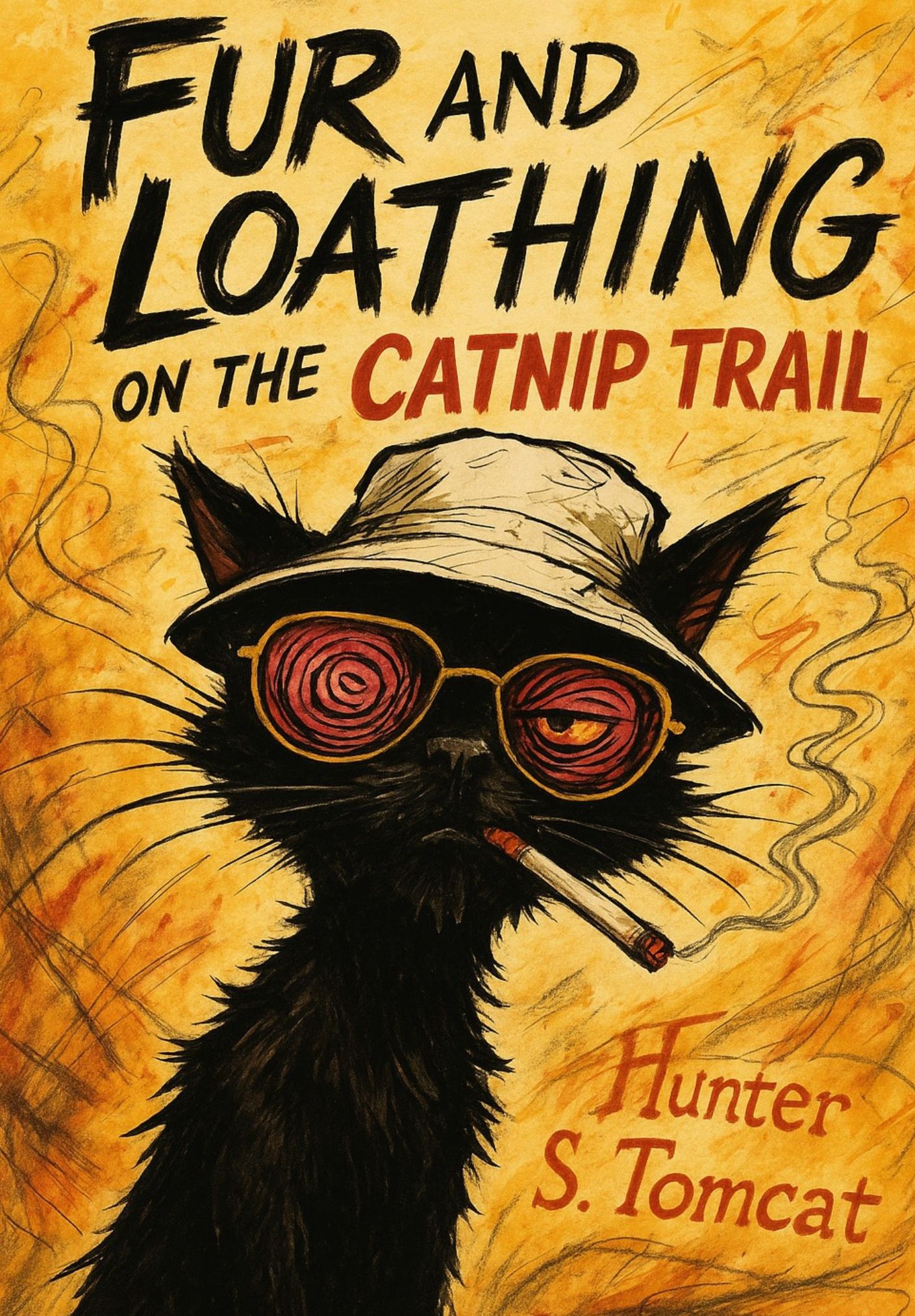We find ourselves standing on the precipice of a strange and alarming new reality, one in which the young minds of America’s Gen Z — those brimming with energy and rage, born into a world of digital chaos and sociopolitical upheaval — are, shockingly, contemplating the merits of a man whose very name should send shivers down the spine of humanity: Adolf Hitler. The revelation that one in five young Americans views the Führer as a purveyor of “good ideas” is not just a disturbing footnote in our historical annals; it’s a glaring neon sign, flashing wildly above the descent into madness.
Let’s be honest: the very concept of “good ideas” associated with a figure like Hitler is a grotesque misreading of history, an affront to the millions who suffered under his regime. Yet here we are, faced with the bizarre reality that the children of TikTok — those who spend their nights scrolling through a feed of memes and influencers — are somehow drawn to the rhetoric of a tyrant who masterminded genocide. What dark corners of the internet have these kids wandered into, and what are they seeing that their forebears could not?
There’s a perfect storm brewing, a cocktail of ignorance and irony, where the complexities of history are boiled down to TikTok clips and Instagram stories. One can imagine the scenario: a catchy soundbite about authoritarianism that feels edgy, rebellious, and provocative, all delivered in a rapid-fire format designed to entertain rather than educate. It’s a dangerous game, one where the veneer of coolness obscures the grim realities of a time when humanity lost its way.
The mind reels at the implications. How can a generation, so often labeled as socially conscious and progressive, flirt with ideologies that once led to the darkest chapters of human existence? Perhaps it’s the allure of the forbidden, the thrill of embracing a villain as a misunderstood genius. Or maybe it’s the chaotic backdrop of the present, where economic instability, political division, and climate doom make even the most extremist ideas seem like potential solutions — however misguided.
In an age where social media is the predominant channel of information, nuance is tossed aside like yesterday’s garbage. Hitler’s ideas are stripped of context, viewed through the distorting lens of memes and viral trends. The disturbing truth is that misinformation thrives in the fertile ground of apathy and disengagement. When faced with a past that feels so distant, it becomes all too easy to dismiss it as irrelevant, a mere cautionary tale for those who don’t have the time or inclination to engage in serious discourse.
What’s needed here is not just an awakening but a full-on renaissance of critical thinking. It’s time to confront this dangerous flirtation with fascism, to educate rather than condemn. We must pull back the curtain on history and reveal the raw, unvarnished truths that have been glossed over in our rush to sensationalize. The world does not need more TikTok ideologues peddling dangerous rhetoric in 15-second soundbites; it needs a generation that understands the weight of their words and the consequences of their beliefs.
In the end, it’s a battle for the soul of a generation. The stakes are nothing less than the future of our shared humanity. And if one-fifth of Gen Z thinks Hitler had good ideas, then we must dig deeper, challenge those notions, and ensure that history is a guidepost, not a template for the next wave of authoritarianism. The clock is ticking, and the madness must end.
